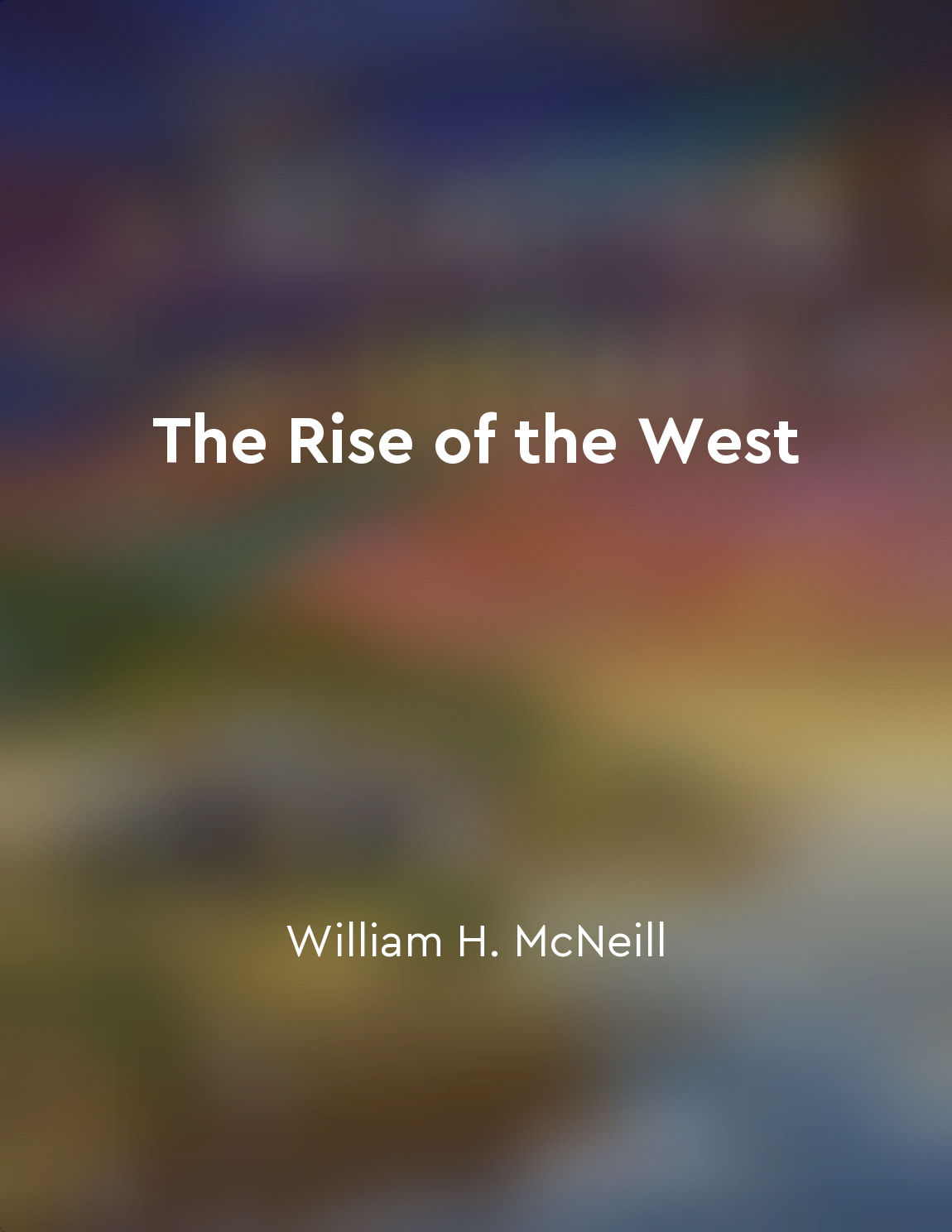State from "summary" of International Relations: The Key Concepts by Martin Griffiths,Terry O'Callaghan
The State is a central actor in international relations, embodying a defined territory, a permanent population, a government, and the capacity to enter into relations with other states. It is a unitary actor, representing the collective will of its population in the international arena. The State holds a monopoly on the legitimate use of force within its territory, exercising sovereignty over its borders and population. This sovereignty is both a source of power and a limitation on the State's actions in the international system. States are considered equal in the international system, regardless of their size or power, as enshrined in the principle of sovereign equality. This principle underpins the norm of non-intervention in the internal affairs of other states, safeguarding their autonomy and independence. States interact with each other through diplomacy, negotiations, and treaties, seeking to further their national interests and promote stability in the international system. The State is not a monolithic entity but comprises various actors, including government officials, diplomats, and civil society groups. These actors ...Similar Posts
The constitution should be based on reason
A constitution should be based on reason, for it is through reason that humans are able to govern themselves in an orderly and ...
Human rights and equality have played a role in reducing violence
The idea that human rights and equality have contributed to decreasing violence is not as counterintuitive as it may seem. When...
Concept of natural law
The concept of natural law is a fundamental principle in political philosophy, providing a basis for understanding and evaluati...
International law
International law refers to the set of rules and norms that govern the behavior of states in their interactions with one anothe...
International law
International law refers to the set of rules and norms that govern the behavior of states in their interactions with one anothe...

Technological advancements lead to societal inequalities
Technological advancements, while contributing to the overall progress of society, have also been a source of societal inequali...
